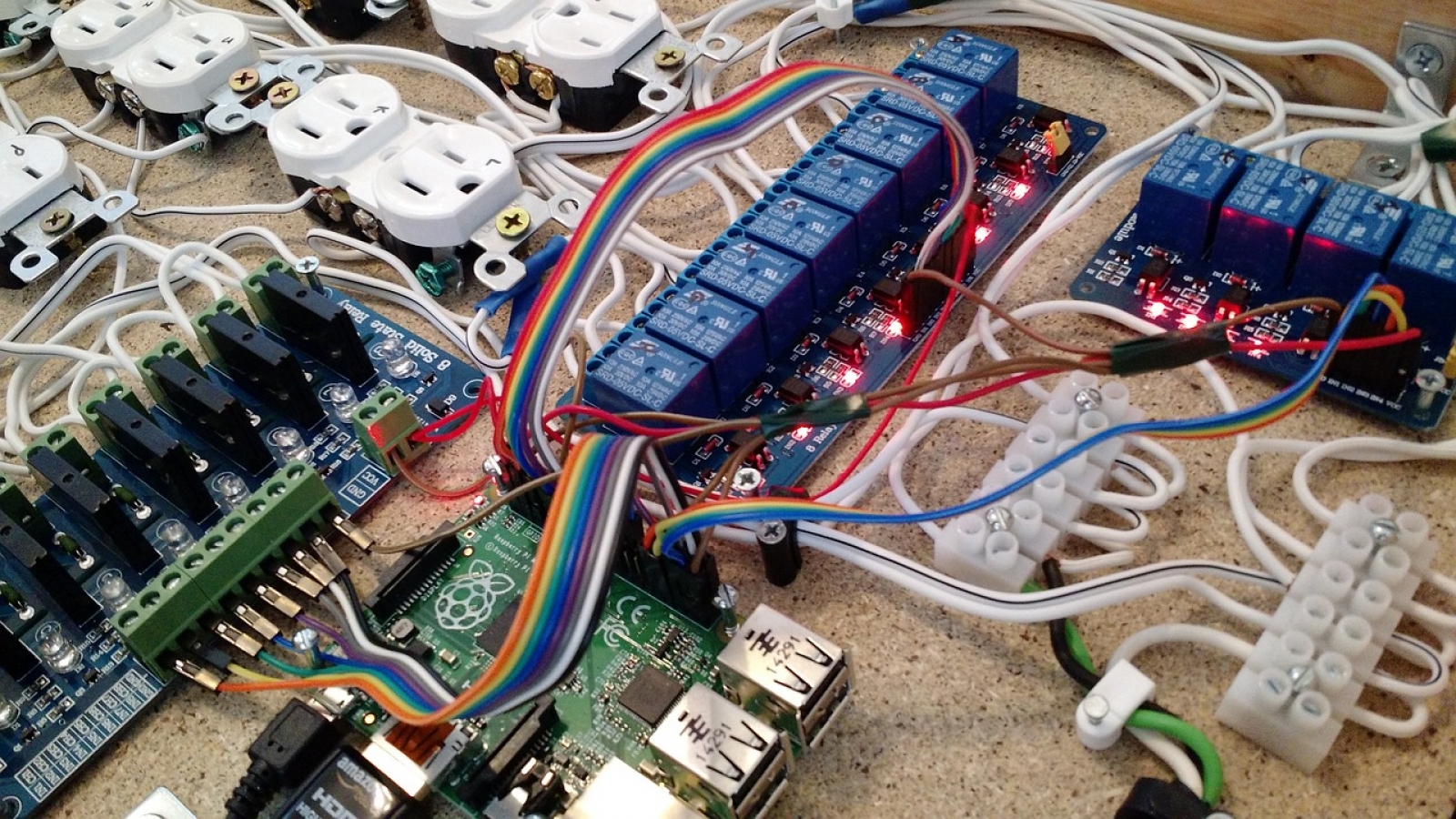In this age of technology, we cannot imagine a single moment of our daily life without electricity. Electricity is the set of physical circumstances which is associated with the presence and motion of matter that has a property of electric charge. By Maxwell’s equations, Electricity is related to magnetism, both being part of the occurrence of electromagnetism. Numerous common phenomena are related to electricity. Such as, lightning, electric heating, static electricity, electric discharges and many more. The existence of an electric charge, which can be either positive or negative, manufactures an electric field. The motion of electric charges is an electric current and produces a magnetic field. Some of the most important pioneers in electrical engineering include electric light bulb-Thomas Edison, alternating current- George Westinghouse, induction motor-Nikola Tesla, radio invention- Guglielmo Marconi and television by Philo T. Farnsworth. These explorers spin ideas and concepts about electricity into practical devices and systems that conduct in the modern era.

Electricity was first come across in the 1700s by Benjamin Franklin. Benjamin Franklin performed the first electricity experiment in modern history. Since then, many others including Ampere, Ohm, Faraday, and Oersted managed to come about simple electrical devices after having appreciated the basic electrical principles. Much later, in 1904 Fleming’s diode started a new outlook for the advent of electronic components.
What is Electrical Technology?
The mother of all Industries is called Electrical Technology. This Technology is the important point of all Industrial factories. In our country, we are not only initiating the development of the power sector but also various industrial factories based on electricity. As a result, the demand for Electrical Engineering is increasing day by day. The Electrical Technology Program is an informative program that prepares individuals to apply technical knowledge and skills necessary to install, maintain, operate and repair electrically-energized residential, industrial and commercial systems, and DC and AC motors, controls electrical distribution panels. Instruction foregrounds practical application of mathematics, science, circuit diagrams and use of electrical codes and includes blueprint reading, sketching and other subjects essential for employment in the electrical occupations. Reading and description of commercial and residential building wiring codes and specifications, installation and maintenance of wiring, service and distribution networks within large building complexes are also critical ingredients of the program.

Why Diploma in Electrical Technology?
Electrical engineering is one of the newer branches of engineering Technology. It is the sector of engineering that deals with the technology of electricity. These pioneers turned ideas about electricity into practical devices and systems that assist in the modern age. The first practical application of electricity was the telegraph which was invented by Samuel F.B. Morse in 1837. The need for electrical engineers was not felt until some 40 years later, upon the invention of the telephone (1876) by Alexander Graham Bell and of the dazzling lamp (1878) by Thomas A. Edison. The field of electrical technology has grown and divided into a number of specific categories, including power generation and communication systems, motors, batteries and control systems.

Electrical engineers also work at radio frequency (RF) systems, remote sensing, telecommunications, digital circuits, signal processing, instrumentation, audio, video and expressions. In our country there are a lot of Industries and corporate offices where a diploma technology student can easily start his occupation. The most important thing is, after completing SSC examination students can be admitted in Electrical Technology.
Which one is the Best Institute for Diploma?
Nowadays demand for technical education is increasing. That’s why the number of polytechnic institutes is increasing in every district or upazila of our country. There are a lot of polytechnic institutes which are best for Diploma in Electrical engineering. Daffodil Polytechnic Institute, BCI Engineering Institute, Daffodil Technical Institute (DTI), Ahsanullah Institute of Technical and Vocational Education and Training, MAWTS Institute of Technology, Dhaka Institute of Engineering & Technology, Ideal Institute of Science and Technology, National Institute of Engineering and Technology (NIET) and many more. Daffodil Polytechnic Institute is one of the best private polytechnic institutes in Dhaka. This reputed organization was established in 2006. DPI Organizes Internship fest and job fair for the graduate students, career counselling and contracts with the industries and business organization for establish employment of Students.

Career of a Diploma in Electrical Technology Graduate
In this diploma program, students will get the opportunity, during in-class lessons and labs, to put theory into practice through real-life applications. This practical perspective of learning will help graduate students at their internship or workplace.
After completion of the advanced college diploma program, you’ll be able to demonstrate an ability to design, analyze, adapt, troubleshoot, commission and install electrical systems as applied to electrical engineering. As a graduate of the Electrical Technology program, graduates will be able to find work in various industries, such as energy (petroleum and electrical generation), construction/engineering, manufacturing, telecommunications, IT networks and intelligent building systems. Electrical Technology Students can get 4 years BSc degrees and also, they can apply for higher study abroad.
Nazmun Nahar
Digital Marketing Officer

